#apotheosis of hercules
Explore tagged Tumblr posts
Photo
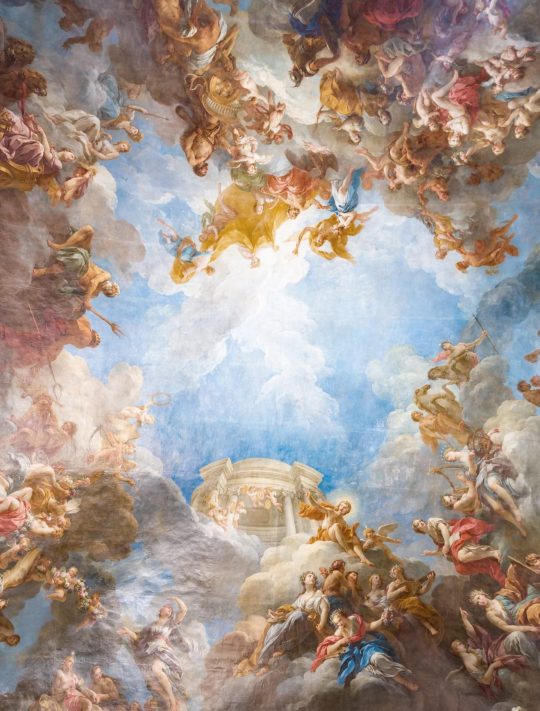
Detail of ceiling paiting “L'Apothéose d'Hercule” (Apotheosis of Hercules), 1733–1736, by François Lemoyne, Château de Versailles
#art detail#apotheosis of hercules#chateau de versailles#françois lemoyne#ceiling painting#painting#art#versailles#l'apothéose d'hercule#olympus#hercules#greek mythology#rocaille#rococo#late baroque#france#xviii century#18th century#classic art
72 notes
·
View notes
Text
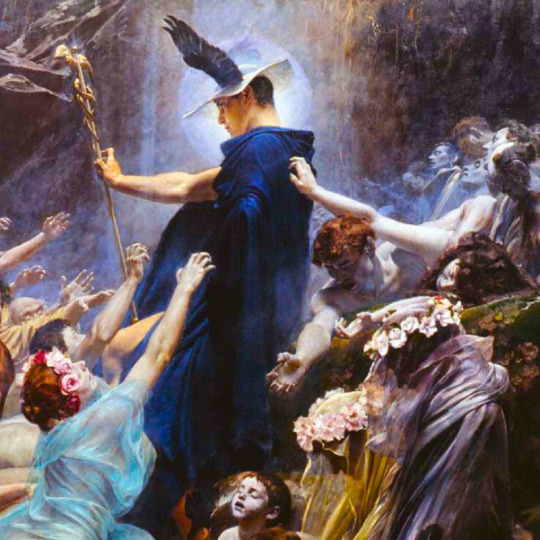

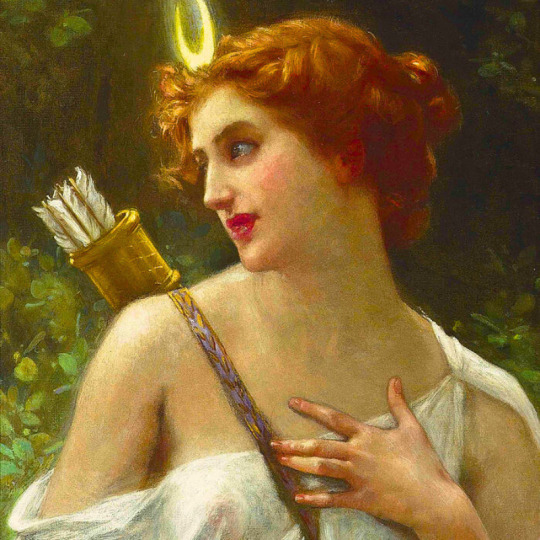

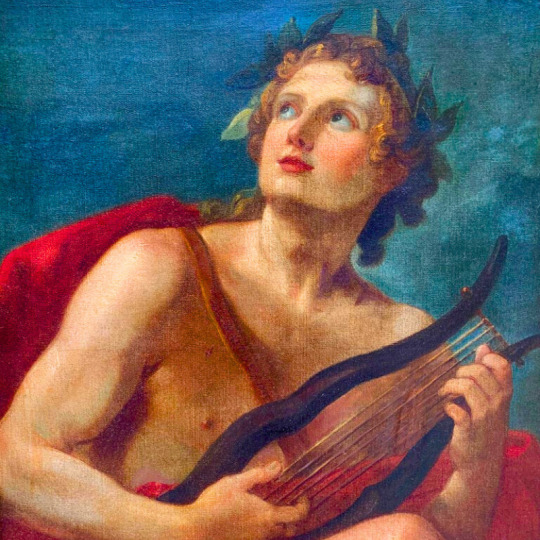

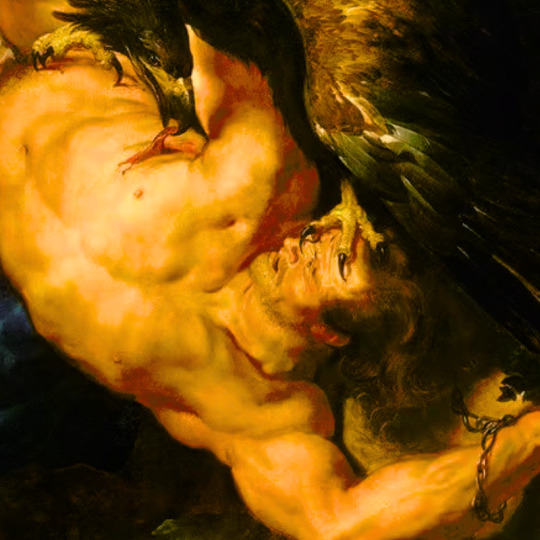


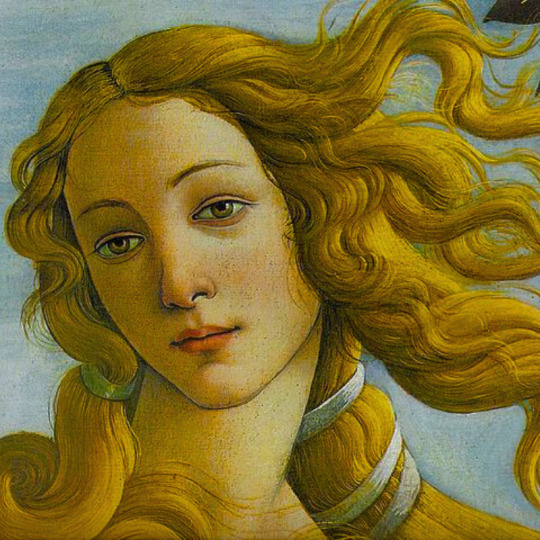
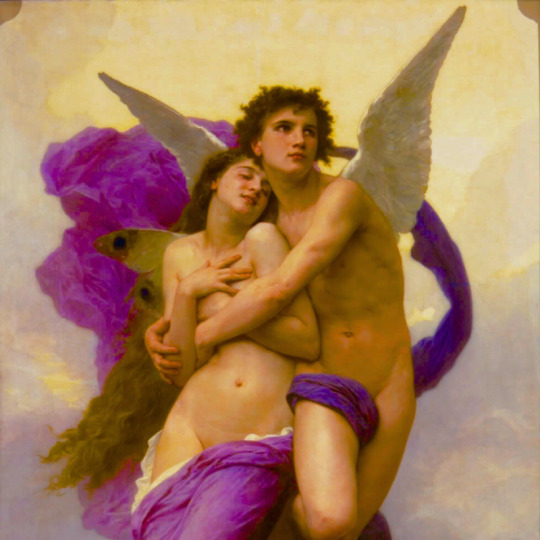
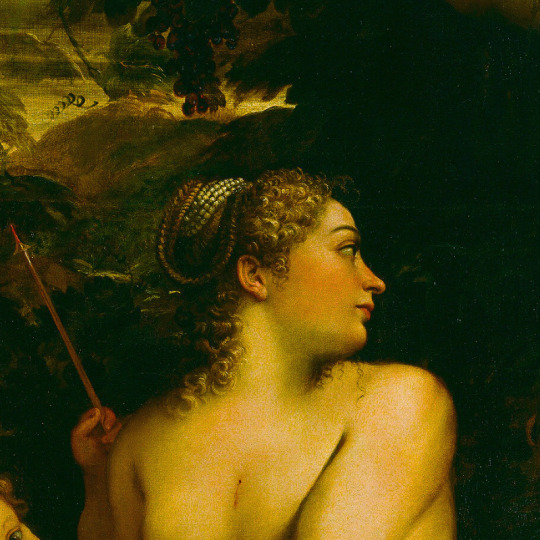

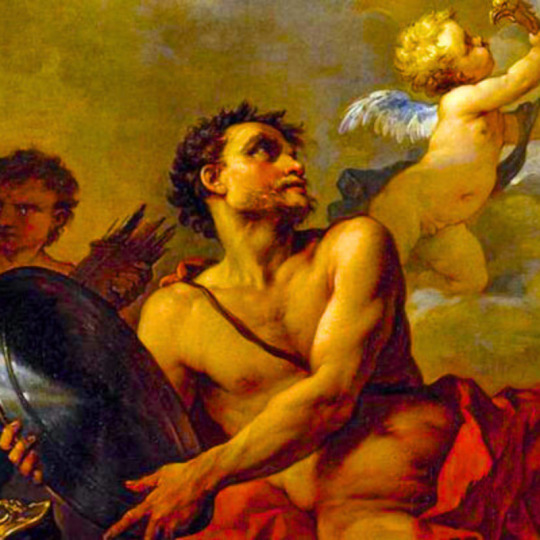
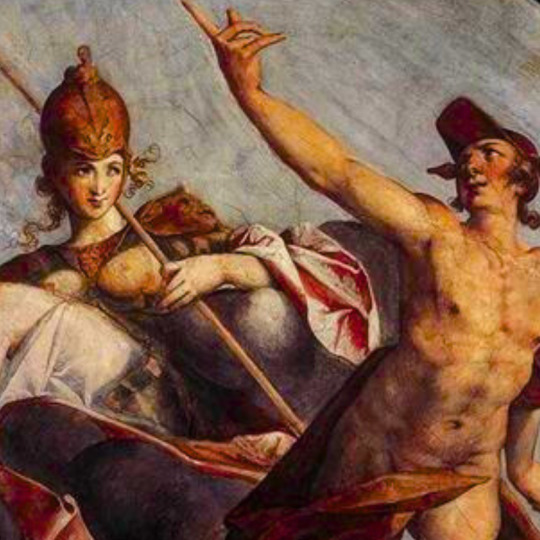
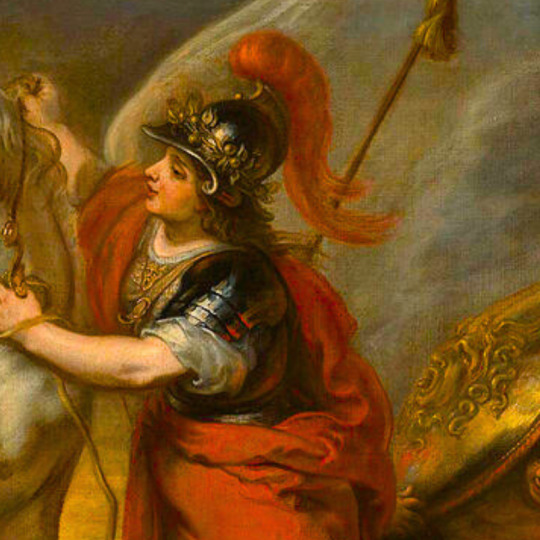
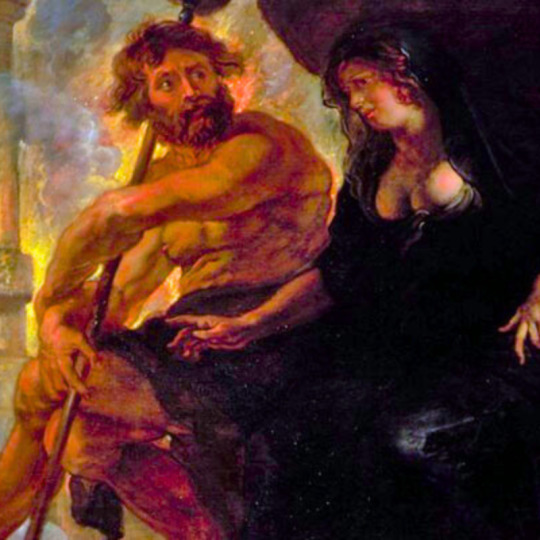
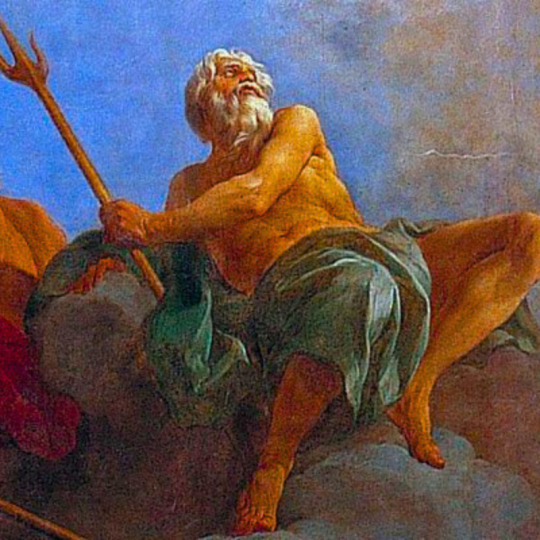
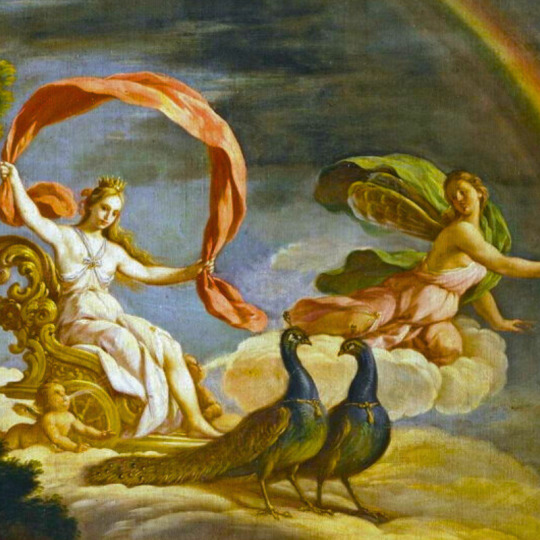
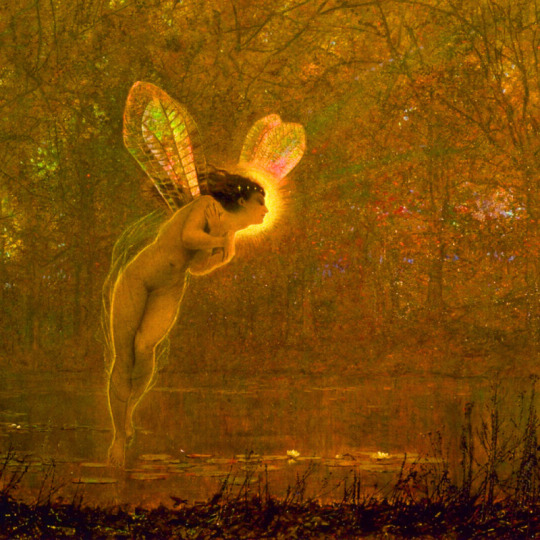
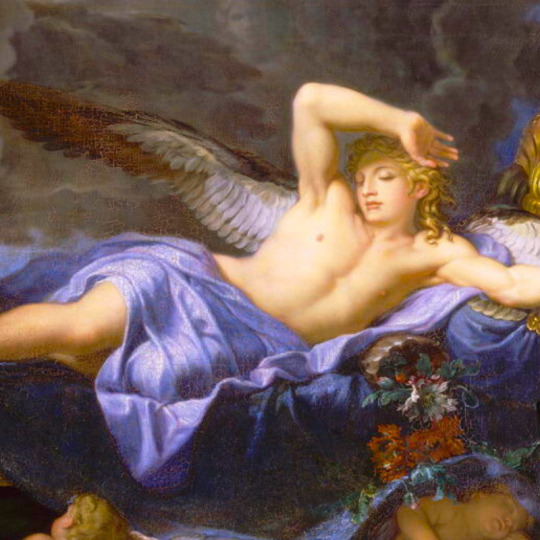

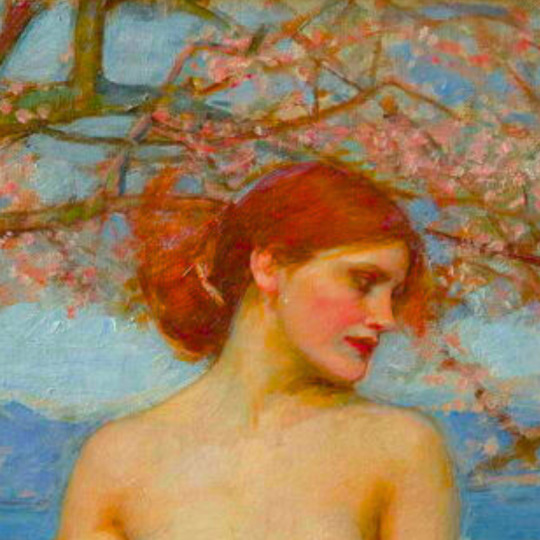


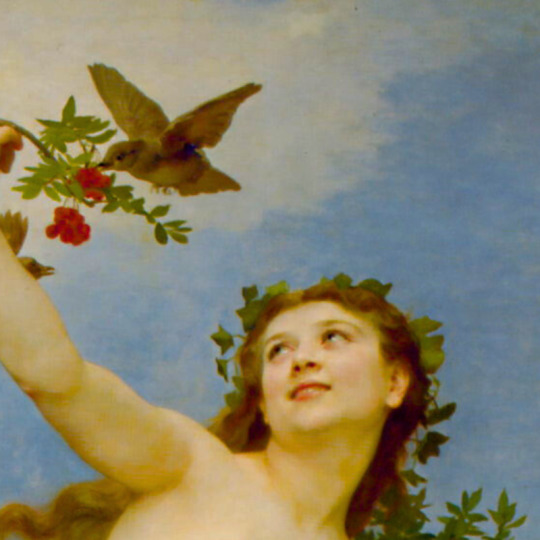
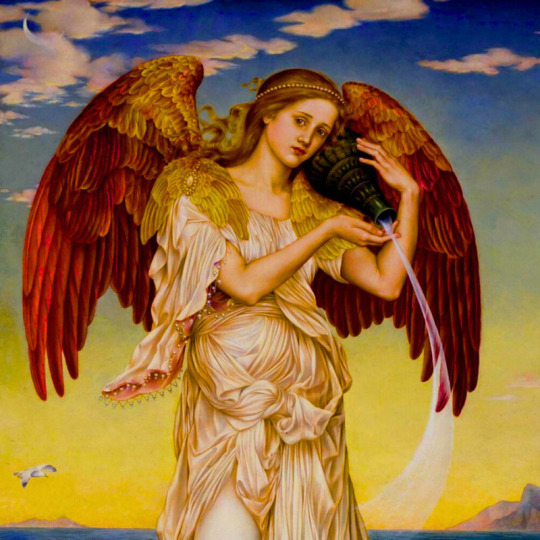
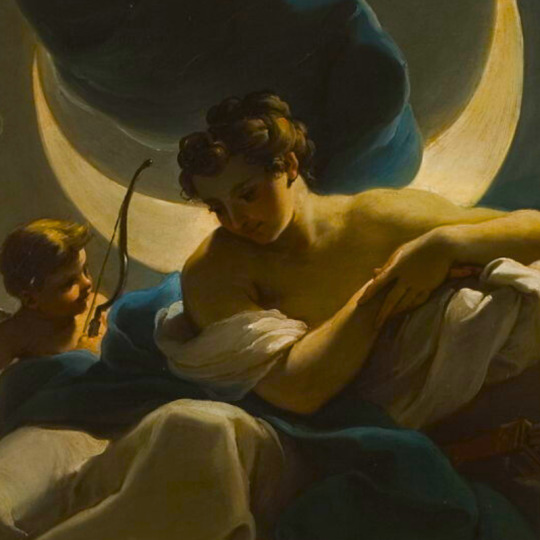
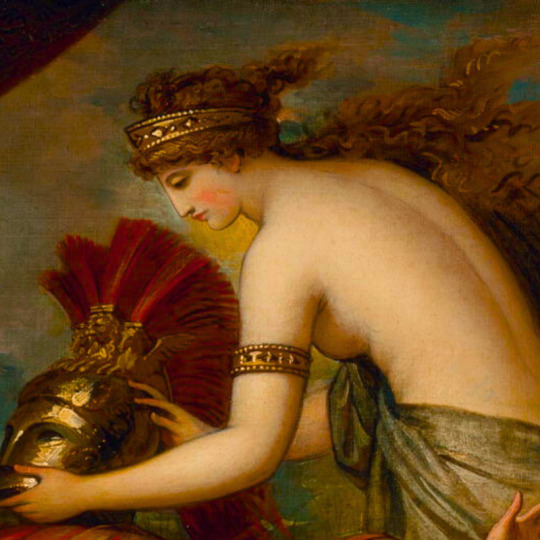
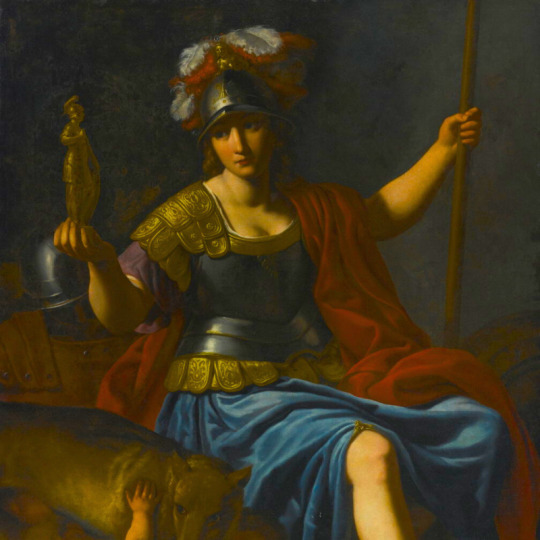
roman & greek gods + art
#souls on the banks of acheron by adolf hieremy-hirschl: hermes#the triumph of bacchus by diego velazquez: bacchus#diana the huntress by guillaume seignac: diana#jupiter and juno mount ida by james barry: juno & jupiter#apollo by charles joseph natoire: apollo#pallas and the centaur by sandro botticelli: pallas/athena#prometheus bound by peter paul rubens & frans snyders: prometheus#jupiter enthroned by heinrich friedrich fuger: jupiter#head of mars by unknown: mars#the birth of venus by sandro botticelli: venus#the abduction of psyche by william adolphe bouguereau: eros & psyche#venus adonis and cupid by annibale carracci: venus#diane the hunter by giuseppe cesari: diana#venus demanding arms from vulcan for aeneas by charles-joseph natoire: vulcan#hermes and athena by bartholomeus spranger#athena and pegasus by theodoor van thulden#orpheus and eurydice with pluto and proserpina by peter paul rubens#the apotheosis of hercules by francois lemoyne: neptune#allegory of air by antonio palomino: hera & iris#iris by john atkinson grimshaw: iris#morpheus awakening as iris draws near by rene-antoine houasse: morpheus#flora and zephyrus by jan brueghel the elder & peter paul rubens: zephyrus#a song of springtime by john william waterhouse: flora#justice and divine vengeance pursuing crime by pierre-paul prud'hon: nemesis#night and sleep by evelyn de morgan: nyx & morpheus#hemera goddess of the day by william-adolphe bouguereau: hemera#eos by evelyn de morgan: eos#selene and endymion by ubaldo gandolfi: selene#thetis bringing the armour to achilles by benjamin west: thetis#bellona with romulus and remus by alessandro turchi: bellona
669 notes
·
View notes
Text

Emilio Sala y Francés (Spanish, 1850-1910) Important ceiling finish following the Tiepolo model, n.d.
#influenced by giandomenico tiepolo's the apotheosis of hercules#art#spanish art#spanish#fine art#european art#classical art#europe#european#fine arts#oil painting#europa#mediterranean#greek mythology#mythological art#fresco#ceiling art#painting#classic#traditional art#western civilization#spain#espana#emilio sala#emilio sala frances#emilio sala y frances#heavens#1800s
82 notes
·
View notes
Text

The Apotheosis of Hercules
Artist: Noël Coypel (French, 1628–1707)
Date: 1700
Medium: OIl on canvas
Collection: Private Collection
Description
The apotheosis of Hercules is the moment after his death when he is welcomed into the gods of Olympus. According to the myth, Zeus sent lightning to consume Hercules' mortal body, and Hercules' divine part ascended to heaven.
#mythological painting#hercules#apotheosis#noel coypel#french painter#roman mythology#horses#gods of olympus#myth#oil on canvas#fine art#mythology#french art#1700#european art#chariot
7 notes
·
View notes
Text

the apotheosis of hercules by françois lemoyne (1733-1736)
#the apotheosis of hercules#françois lemoyne#1700's#bibliotheca#pseudo-apollodorus#rococo#hercules#lemoyne#apollodorus#greek mythology
8 notes
·
View notes
Text
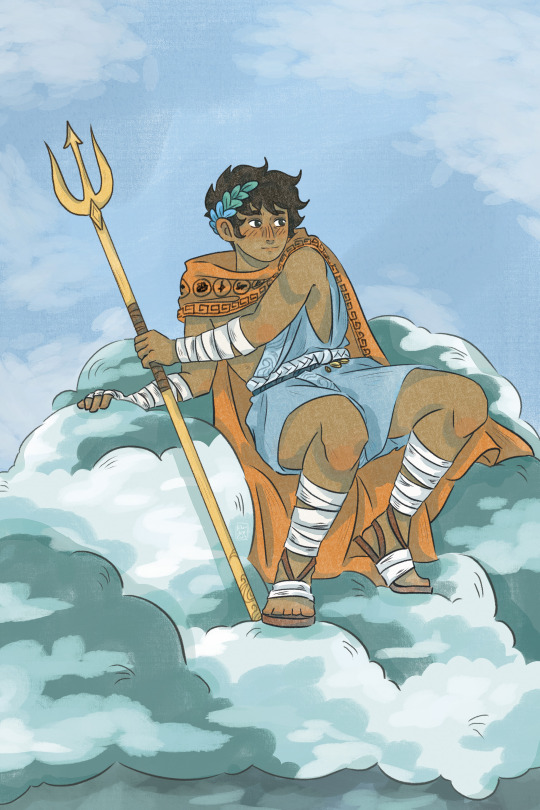
Percy Jackson from @velinxi 's Young Gods au as François Lemoyne's Neptune in The Apotheosis of Hercules.
#percy jackson#percy jackson fanart#percy jackson and the olympians#perseus jackson#pjo#illustration#digital art
395 notes
·
View notes
Photo

Martyr
A Martyr is someone who voluntarily dies for either a religious or secular cause. The word originates from "witness" in Greek and is related to a witness in court testifying to one's beliefs or truth, despite the risk involved. As such, it is considered one of the greatest sacrifices that a person can make.
The title and status of martyrdom are assigned by society, where the person/event is memorialized in stories and monuments. Martyrdom is most often juxtaposed to a dominant social or religious worldview or an oppressive government. In the Western tradition, the concept of martyrs and martyrdom is drawn from Greco-Roman stories of a noble death (hero cults), the Jewish Maccabean Revolt of 167 BCE, and the persecution of Christians by Rome.
Greco-Roman Concepts of Noble Death
The act of voluntary death, suicide, was never condemned in antiquity, but the reason for the death was debated as one that was honorable and necessary. Social memory was an essential concept of the afterlife; without memory, there was no existence. In the philosophical schools, the template for noble death was the story of Socrates (469-399 BCE), as related by his pupil, Plato. Socrates had been put on trial in Athens for corrupting the youth and condemned for execution. Despite plans by his friends, Socrates refused to flee Athens and accepted his fate. His drinking of the hemlock demonstrated that he was in control of his own fate, not the Athenian Greek government.
Ancient Greece had created the concept of hero cults, with apotheosis, or the deifying of individuals after their death. Their accomplishment of great deeds in life was rewarded with being among the gods after death in the Elysian Fields. The god Herakles/Hercules was a model. People made pilgrimages to the sites of the heroes' alleged tombs and were able to petition them for benefits. Rome was slow to borrow this idea, but it became a popular way to honor great generals such as Scipio Africanus, who defeated Hannibal in the Second Punic War (218-201 BCE).
Continue reading...
30 notes
·
View notes
Text

The Apotheosis of Hercules
François Lemoyne, 1731-35
Fresco, 1850 × 1700 cm, Palace and Park of Versailles, Versailles
26 notes
·
View notes
Text

"The Apotheosis of Hercules"
A mighty thunderclap sounded all around, and Hercules, by divine edict of Zeus himself, ascended to Olympus.
(Paraphrase based on D'Aulaires' Book of Greek Myths)
#hercules#herakles#ascension#long haired man#bearded man#muscular definition#abdominals#glory#ai men#ai generated#ai artwork#ai art community#gay ai art#art direction#greek myth#greek mythology#greek myth art#demigod#clouds#beams of light
43 notes
·
View notes
Text
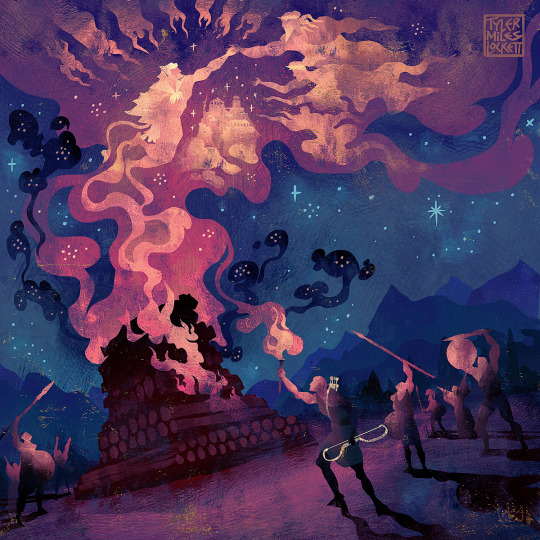
Heracles 12: Apotheosis
In great despair, and unbearable pain, Heracles journeys to the Oracle of Delphi where Apollo tells him to build a pyre and let Zeus decide his fate. Heracles trusty nephew, Ioles, assists, and after building the pyre Heracles ascends, asking his friends to light the funeral pyre ablaze. None would obey, until the warrior and archer, Philoctetes, agrees and is gifted Heracles bow and arrows. With the pyre burning, lightning shoots down from the heavens, spreading the flames. Heracles ascends to Olympus and no bones can be found amongst the pyre ruins.
Now an immortal in Olympus, Heracles finds resolution with Hera who adopts him as a son. He is wedded for a fourth time, this time to Hebe, goddess of youth and cupbearer to the Olympians.
An Apotheosis is when a character becomes deified as a god. Heracles divine spirit ascends to Olympus, while the mortal shell or phantom part of his soul, his shade, is seen by Odysseus wandering in Underworld in the Odyssey; thus there is a duality to his spirit in the afterlife. Heracles was one of a select number of mortals or demigods to be granted a place amongst the Olympians, such as Dionysus or Ariadne, amongst others. A full list can be found in the “Deified Mortals” page on Theoi.com
According to Hesiod, Heracles had 17 children, while Diodorus puts the number at 33. Heracles had descendants which are known as Heraclidae, especially through Hercules son Hyllus, who becomes a Dorian king and conquers the Peloponnese after beheading King Eurystheus. The play “Children of Hercules,” by Euripides focuses on the descendants seeking protection from the wrathful King Eurystheus. While Apollodorus gives a more detailed account of the political intrigue and violent tribulations of the Heraclidae after Heracles’ death. These tales show the importance of descendants to carry on a powerful family legacy.
I'd you share this image I'll totally light your funeral pyre...you know... if I'm passing by! Xoxo❤️🤟😁🏛
#pagan#hellenism#greek mythology#tagamemnon#mythology tag#percyjackson#dark academia#greek#greekmyths#classical literature#percy jackon and the olympians#pjo#homer#iliad#classics#mythologyart#art#artists on tumblr#odyssey#literature#ancientworld#ancienthistory#ancient civilizations#ancientgreece#olympians#greekgods#hercules#heracles
269 notes
·
View notes
Text
How do yall think the Tower/Apotheosis would react to learning she is just a fragment of the Shifting Mound?
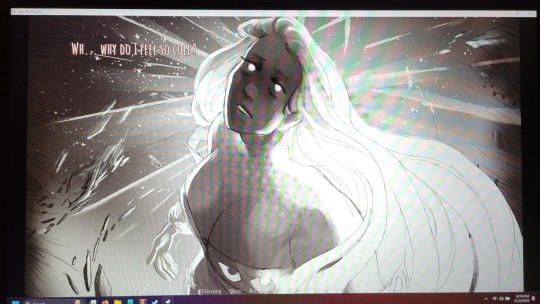
In the fanfic I wrote I decided to characterize it similar to a demi-god like Hercules or a superhero realizing they are standing in front of an Eldritch power literally beyond their comprehension and raging against them before being snuffed out like a candle.
But how does the rest of the Slay the Princess community feel she would act? Respond in the tags, notes, reblogs, however ya wanna.
48 notes
·
View notes
Text

The Apotheosis of Hercules, François Lemoyne (1736)
2 notes
·
View notes
Text

Sketch for Apotheosis of Hercules
#giovanni domenico tiepolo#san diego#california#original photographers#photographers of tumblr#San Diego Museum of art#painting
3 notes
·
View notes
Text

“Those living under tyranny must develop the character of fearlessness; those living under monarchs, the character of honor; but those living within a republic, the character of virtue itself.”
- Charles de Montesquieu
"In other words, living in a republic makes moral and intellectual demands on its citizens – demands that are rooted in fearlessness and honor, yet far more complicated. It focuses on the quality of people to be responsibly self-governing, not just when voting, but in everything we do. It’s not enough to find and elect good leaders to follow. That’s too shallow and inconsequential. We must become good leaders in everyday life.
That’s what lies at the core of human freedom. It’s not just to be left alone to waste our lives with irresponsible behavior. The purpose of freedom is to transform ourselves, to grow in character toward virtue, not as some charismatic tyrant would have it, but from life itself.
For this we are given the innate stratagems of reason and conscience – sometimes referred to as Nature’s Law.
Furthermore, we see the terrible consequences of utilizing them poorly, or not at all. People suffer. Nations find excuses to go to war. Politicians lie, which is the antithesis of any republic (and should arouse the ire of all citizens). Businesses exploit. Criminals thrive. Religions get distorted. In a very real sense, freedom is lost because it is supplanted by a disjointed chaos of human failure.
Instead of focusing on virtue, we live in an undisciplined culture poisoned by a disregard for truth, irrational fears, and civic and political dishonor. That is the age and culture we live in – and it has to change, quite simply, through the inspiration of universal ideals.
We have the tools. We have the prophets and philosophers and heroes to inspire us. We have the steadfastness of our own minds when committed to what is right and good.
Chivalry-Now is an attempt to express that inspiration in words. Take from it what you will. But more importantly, awaken the sense of decency and honor and your heart and see where it leads.
It all starts with you."
- The International Fellowship of Chivalry Now.
Painting: Apotheosis of Hercules, by François Lemoyne, 1736.
2 notes
·
View notes
Text
i have a fit that's of the following:
all simple casual but with
a watch depicting la primavera
a jacket with a pattern from the apotheosis of hercules
what do i add to this i want to look like a walking art gallery
5 notes
·
View notes
Photo

Roman Imperial Cult
The Roman imperial cult was the practice of venerating Roman emperors and their families as having divine attributes, honoring their contributions to the spread of Roman religion and culture. It was instituted by the first Roman emperor Augustus (r. 27 BCE to 14 CE) in his reforms and transformation of the Roman Republic to the Roman Empire.
Divine Kingship & Hero Cults
Ancient cities had foundation myths, claiming that a god or goddess or the son of a god or goddess provided law codes that dictated proper religious rituals, social behavior, and gender roles. Passed down through the generations, the will of the gods was carried out by the governing authorities. Thus, the concept of divine kingship validated their rule.
Greece also had hero cults. The heroes of Greek mythology were the offspring of a god or goddess or the result of sexual intercourse between humans and the divine. A prime example was Herakles/Hercules. Heroes were rewarded for their great deeds by being among the gods after death, or at least in the higher realms of the Elysian Fields in Hades. The concept was described as apotheosis ("deification"); the hero would reach the levels of the divine and would be worthy of worship and honor. There were dozens of temples and shrines for heroes.
The patron/client system (how things got done) provided the network for relationships for the common good, including relationships between humans and the divine. The word "patron" came from the Latin "defender". The upper classes (aristocrats) offered benefits to the lower-class poor, distributing food during religious festivals. The lower classes reciprocated through their labor, agricultural products, and trades. The tombs of the heroes became the object of pilgrimage, where people petitioned them as patron gods, mediators between the Olympians and the community for special benefits and protection.
Continue reading...
39 notes
·
View notes